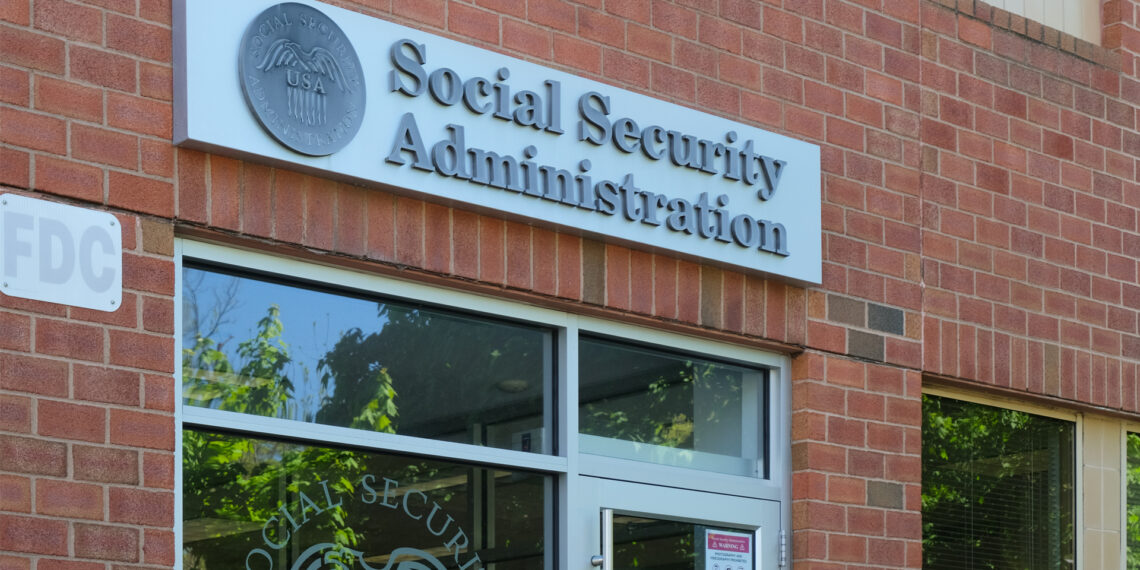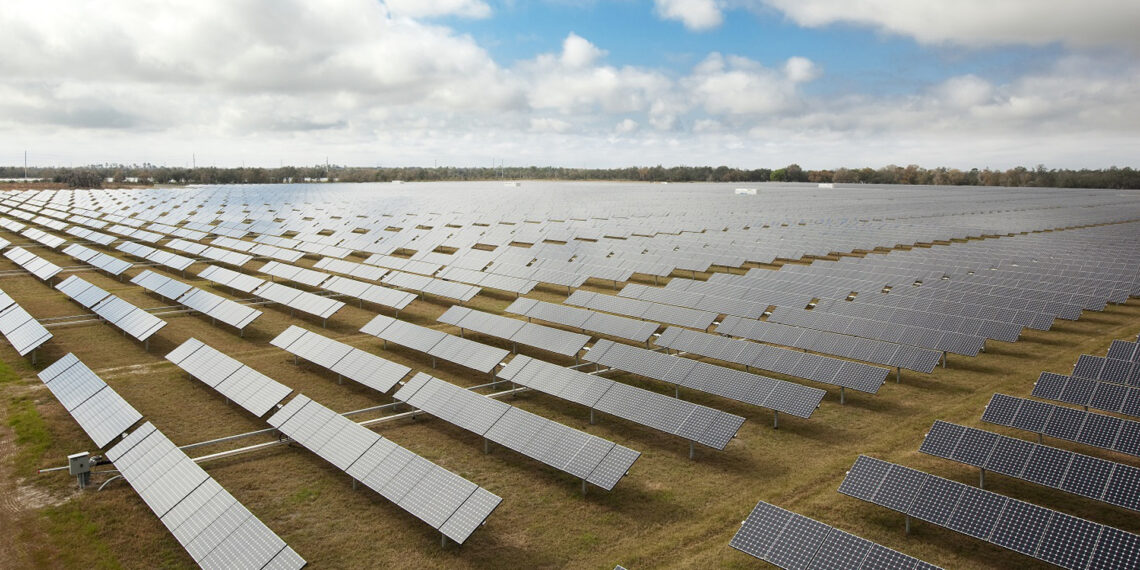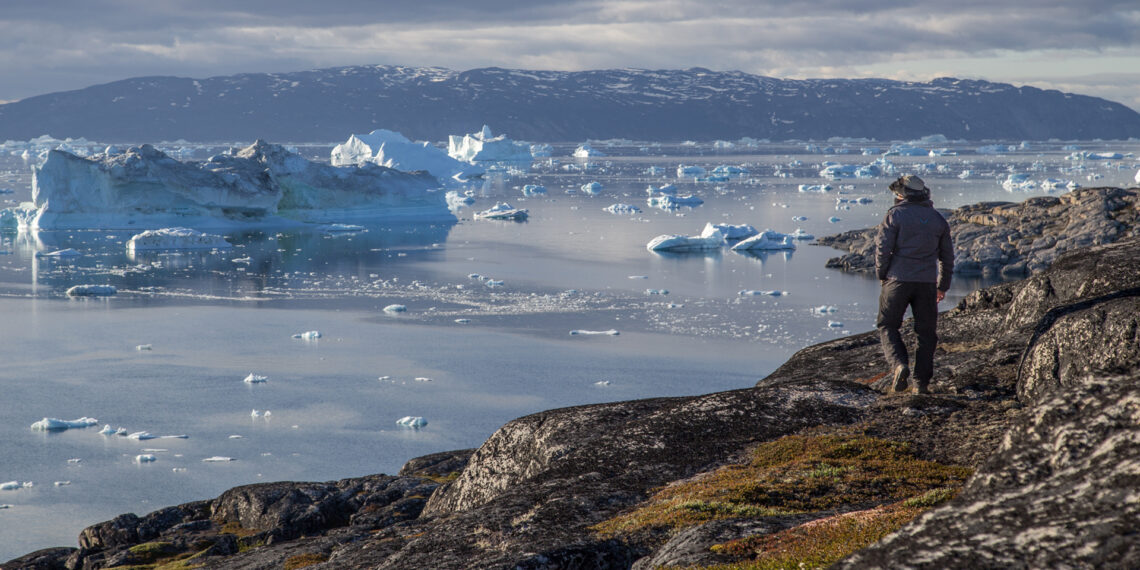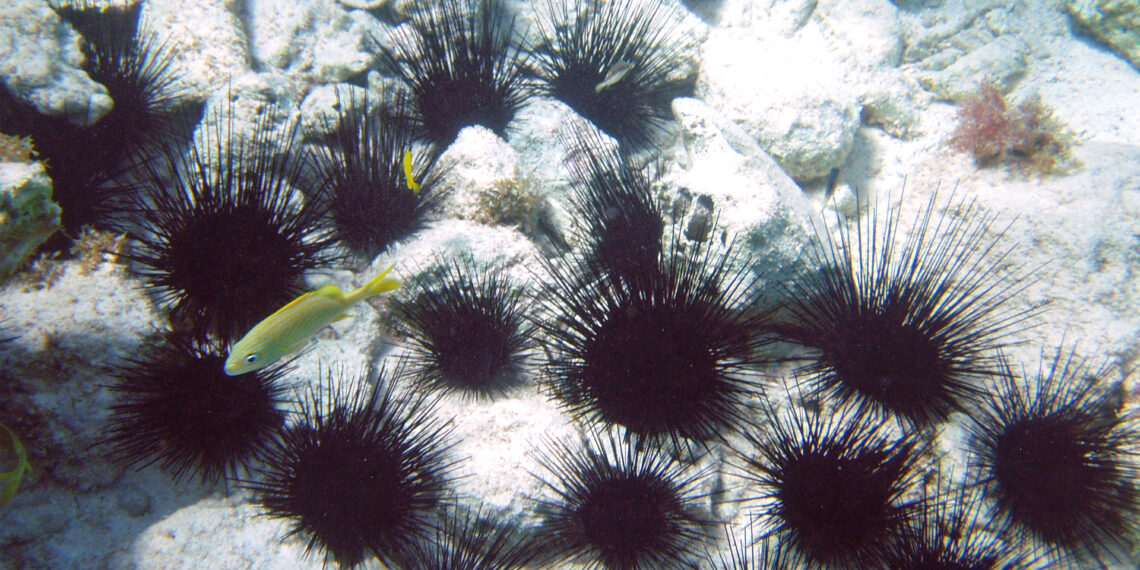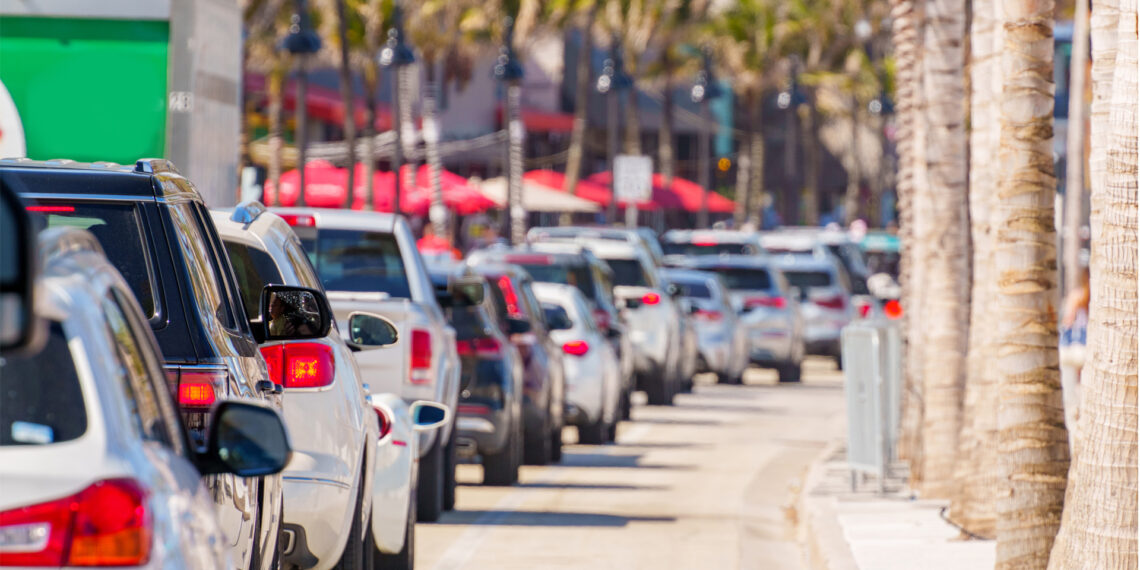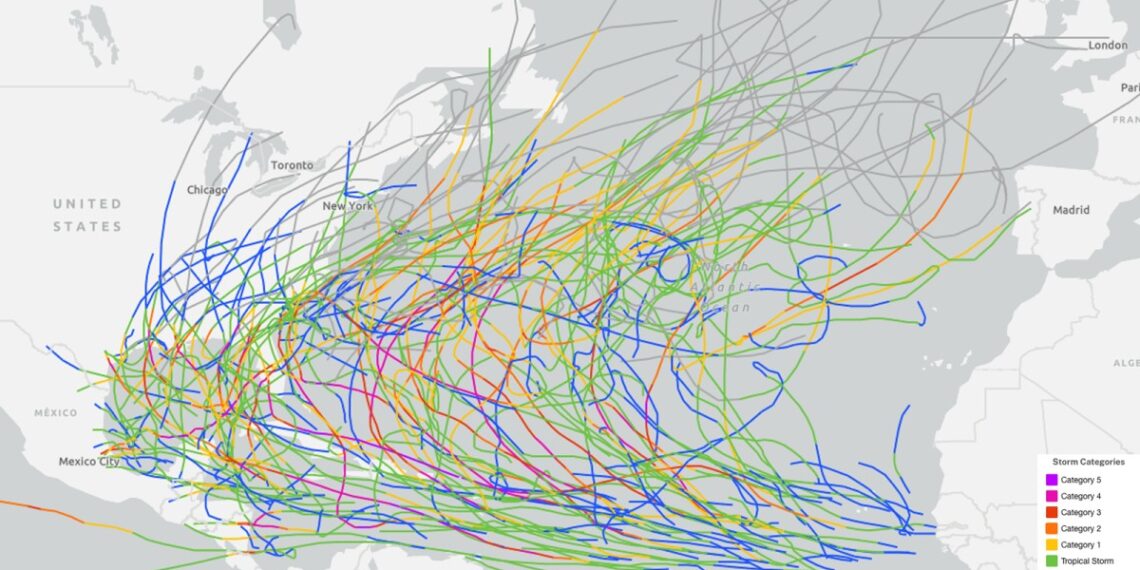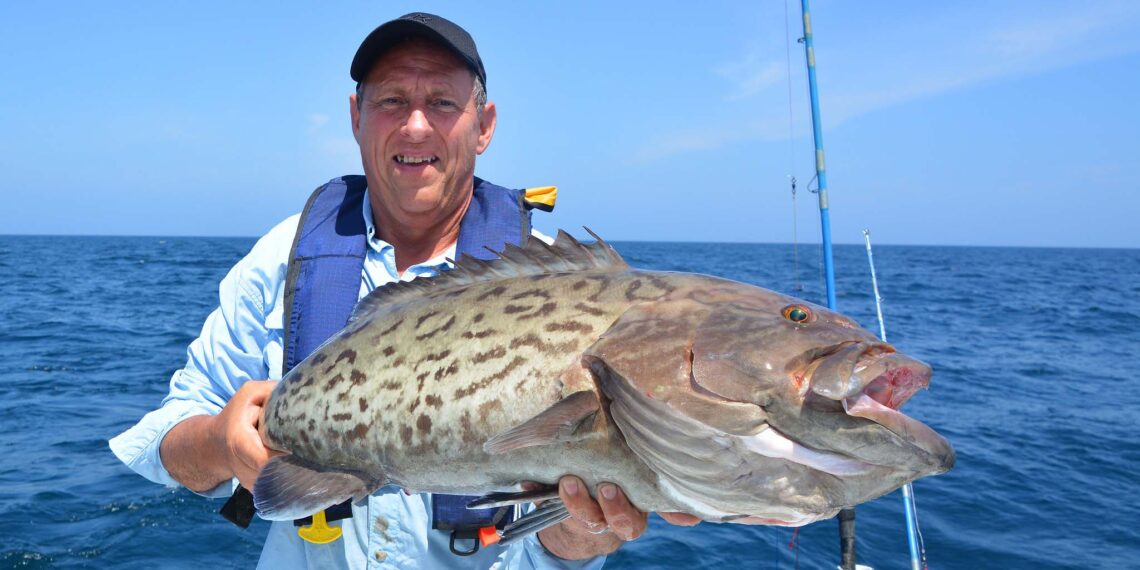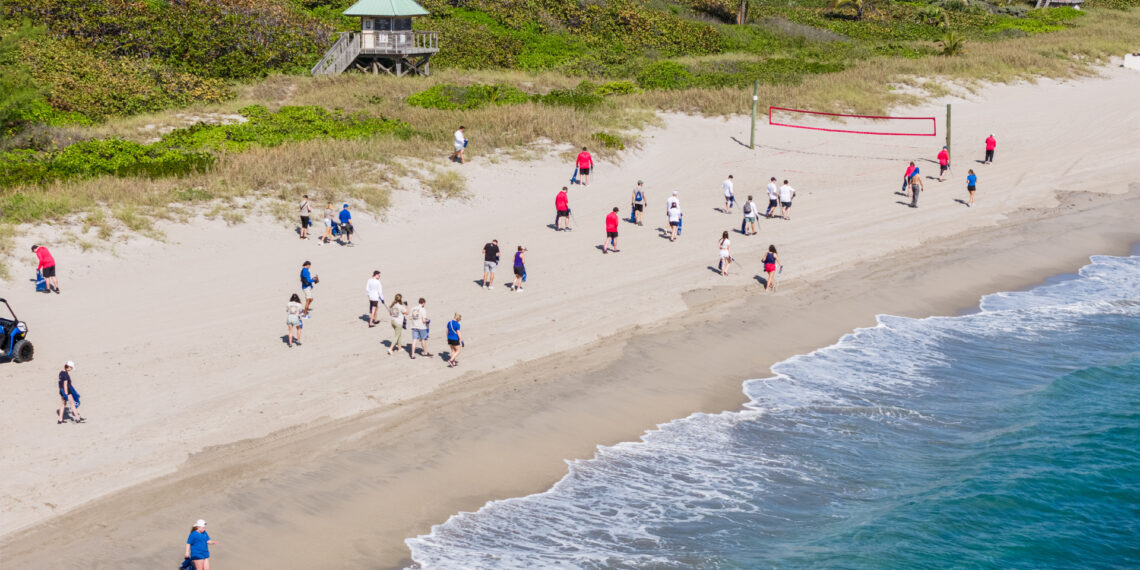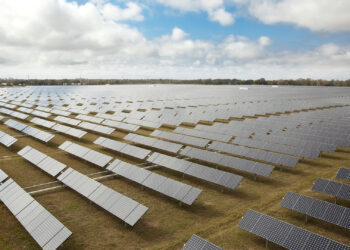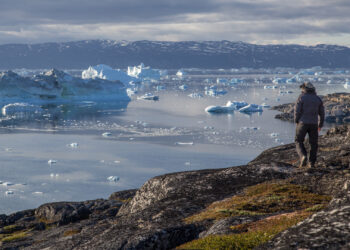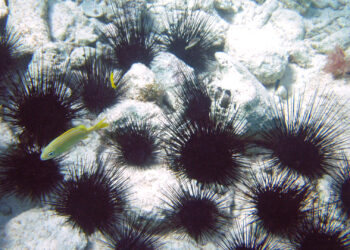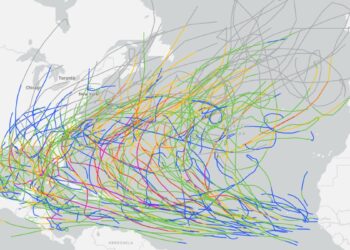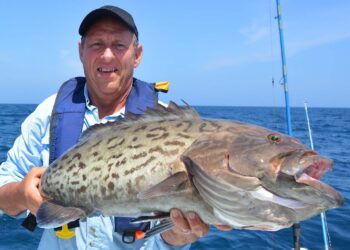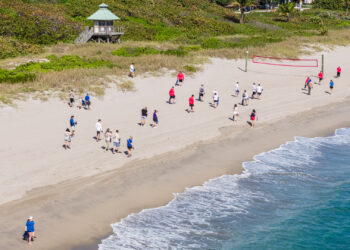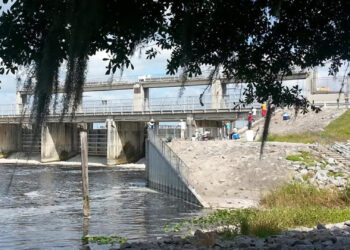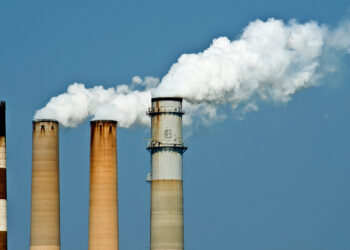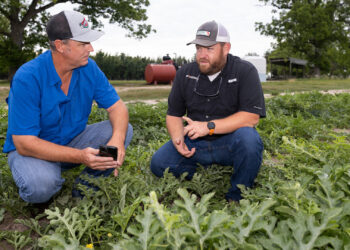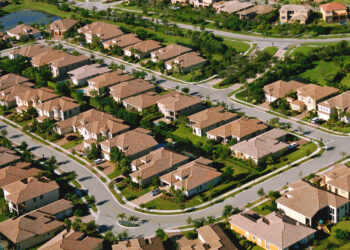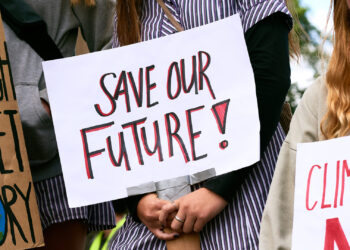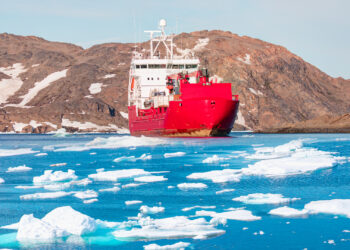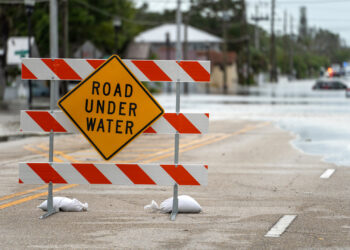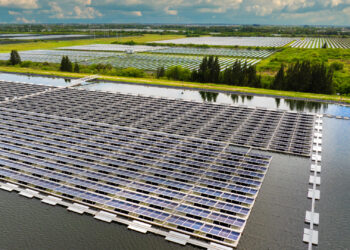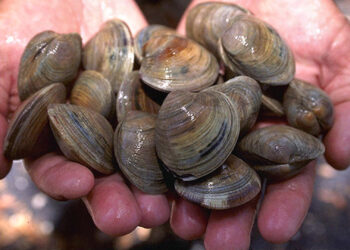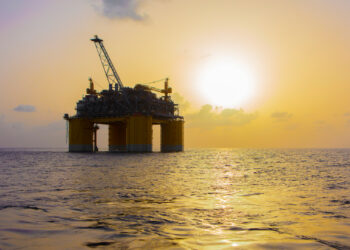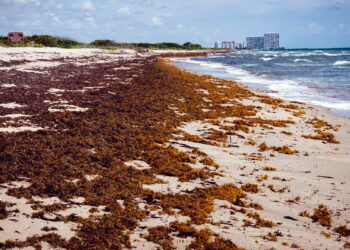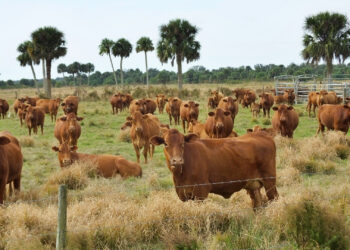Supporters say ‘Blue Ribbon’ bill would mean smart growth — critics fear it will spur sprawl
The latest version lets local government deny a project that is ‘substantially inconsistent’ with a comp plan.
Seedlings of hope sprout for Ocklawaha River restoration
It is well past time to breach the Rodman Reservoir dam and restore the natural flow of the Ocklawaha.
Proposal to ban local governments from promoting ‘net-zero’ emission policies moves to Florida House
HB 1217 would ban government entities from adopting or enforcing policies aimed at reducing greenhouse gas emissions.
UF/IFAS Extension provides practical solutions to range of problems facing Floridians
For an average of 3 cents a day per Florida taxpayer, Extension addresses challenges for farms, cities and suburbs.
Local officials call on Florida House to act on bill amending 2024 planning restrictions
But time is running out, with the legislative session slated to end March 13.
Sorry, kids, the baby boomers fell short in fighting climate change
My generation polluted the air with carbon dioxide and other gasses that act like a blanket, keeping in heat.
Shipping through a melting Arctic
New shipment opportunities promise economic gains but threaten one of the planet’s most fragile ecosystems.
What goes up must come down: Studying the environmental impact of space flights
A new study underscores growing unease about pollution from mostly unregulated commercial space activities.
Florida leads the nation on flood resilience. We must invest to protect Floridians
Investing in solutions such as the Resilient Florida program reduces flood risk and costly repairs.
Here’s why it is Florida’s moment to lead on renewable energy
Florida has a unique opportunity to model how a coastal state protects its economy while leading an energy transition.
Proposed budgets defund Florida Forever, but do provide for conservation easements
GOP lawmakers would direct funding to a program for agricultural landowners to preserve land from development.
Improving Florida water quality, one clam at a time
Clam farmers deliver valuable ecosystem services by installing one of nature’s water filtration systems.
President Trump: Keep Florida great and say no to new offshore drilling
Okaloosa County depends on healthy waters, strong military bases and an unspoiled environment.
Saragassum poses problem for Florida’s beaches, but also potential for products and research
FAU Research Professor Brian Lapointe spoke about sargassum's negative impacts and positive uses at a recent lecture.
Florida’s state parks are for sea cows, not beef cows
HB 1421 and SB 1658 would require grazable public conservation lands in Florida to be made available for cattle grazing.



